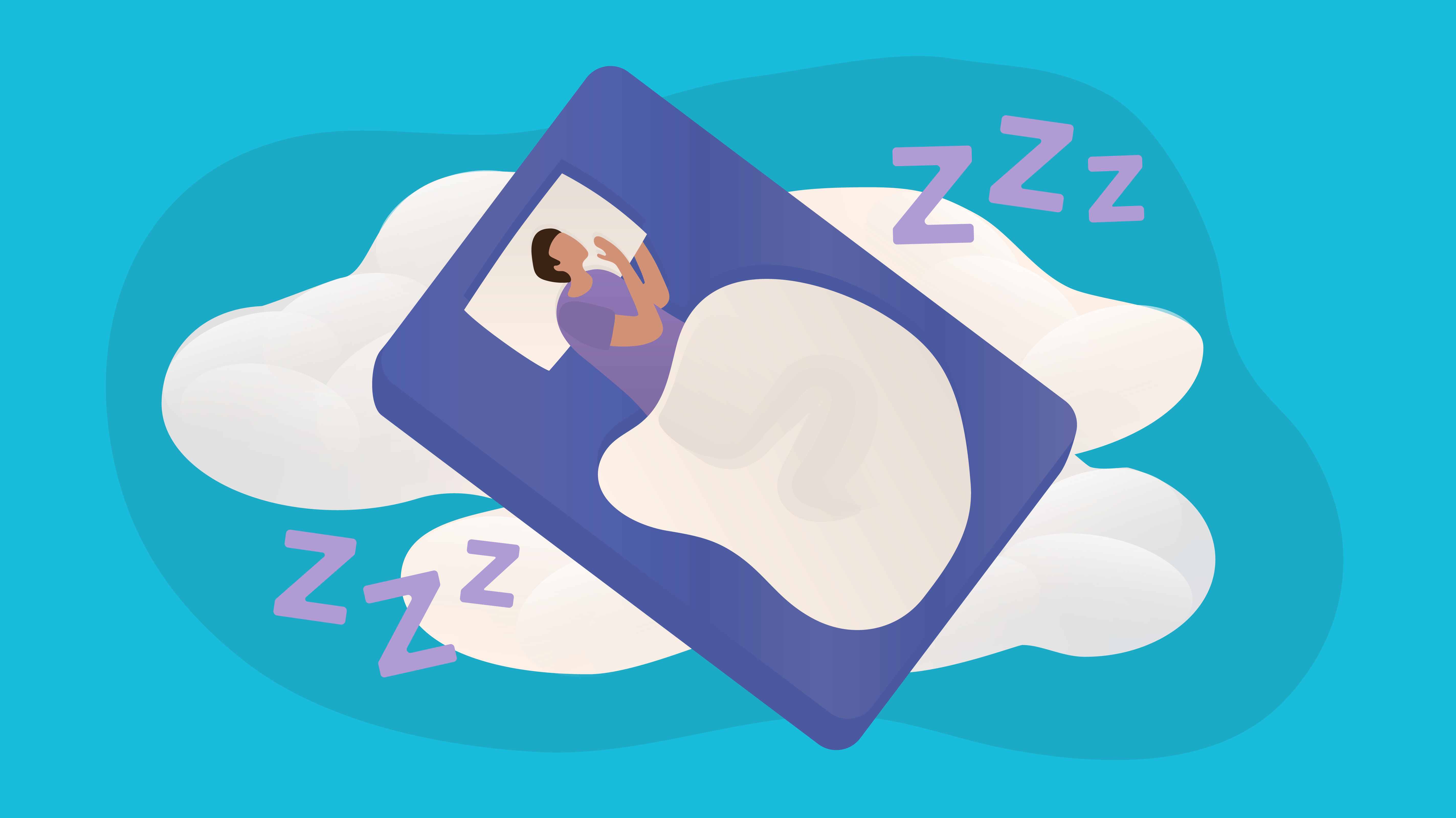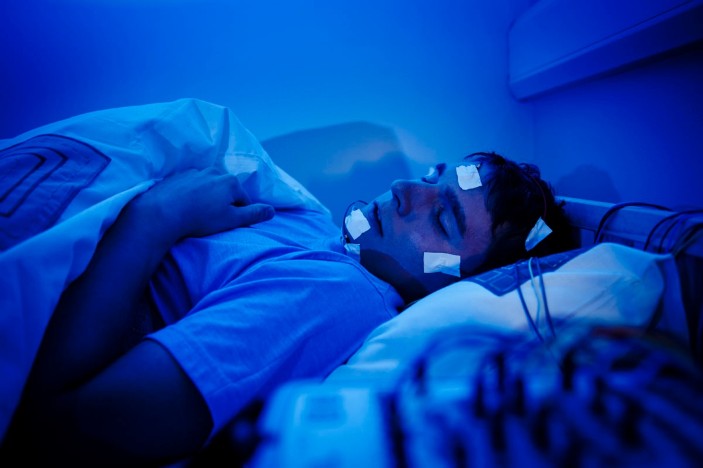Cognitive Behavioral Therapy for Insomnia (CBT-I) - Proven Methods
Cognitive Behavioral Therapy for Insomnia (CBT-I) - Proven Methods
Blog Article
Reliable Treatment Solutions for Taking Care Of Sleep Disorders and Enhancing Peaceful Sleep
In the world of medical care, the administration of rest conditions and the pursuit for restful rest are essential parts of total wellness. As we navigate the elaborate landscape of rest problems and look for to enhance our rest experience, a much deeper understanding of these treatment options might hold the key to unlocking a much more refreshing and fulfilling restorative trip.
Cognitive Behavioral Treatment for Sleeping Disorders (CBT-I)
Cognitive Behavioral Therapy for Sleeplessness (CBT-I) is a structured, evidence-based treatment method that focuses on addressing the underlying variables adding to rest disturbances. This type of therapy aims to modify actions and thoughts that worsen insomnia, eventually promoting healthy sleep patterns. CBT-I normally includes numerous key elements, consisting of cognitive therapy, sleep constraint, stimulus control, and sleep hygiene education and learning.
Cognitive treatment aids people identify and transform adverse idea patterns and beliefs about sleep that may be preventing their ability to drop or stay asleep. Rest limitation includes restricting the amount of time spent in bed to match the person's actual sleep duration, thereby raising rest performance (insomnia counseling). Stimulation control strategies aid establish a solid organization between the bed and sleep by urging individuals to go to bed just when drowsy and to avoid involving in boosting tasks in bed
Additionally, sleep hygiene education concentrates on establishing healthy and balanced rest practices, such as maintaining a consistent rest schedule, developing a relaxing bedtime regimen, and maximizing the rest setting. By resolving these elements comprehensively, CBT-I offers a reliable non-pharmacological intervention for handling sleeping disorders and boosting overall sleep quality.
Sleep Health Practices
Having actually established the foundation of cognitive restructuring and behavioral adjustments in addressing insomnia through Cognitive Behavioral Therapy for Sleeping Disorders (CBT-I), the emphasis now changes towards exploring necessary Rest Health Practices for maintaining optimal sleep top quality and general wellness.
Sleep health techniques encompass a series of practices and ecological variables that can significantly impact one's capability to go to sleep and stay asleep throughout the evening. Consistent sleep and wake times, producing a relaxing bedtime routine, and enhancing the rest atmosphere by keeping it dark, peaceful, and cool are crucial parts of great rest hygiene. Limiting direct exposure to displays prior to bedtime, preventing stimulants like caffeine near going to bed, and taking part in normal exercise throughout the day can also promote better sleep quality.
In addition, exercising relaxation methods such as deep breathing workouts or meditation prior to bed can help relax the mind and prepare the body for rest. By incorporating these rest health methods right into one's day-to-day routine, people can establish a healthy rest pattern that supports restful rest and overall health.
Relaxation Strategies and Mindfulness
Carrying out relaxation methods and mindfulness practices can play a pivotal function in fostering a sense of tranquility and promoting top quality rest. insomnia solutions. These methods intend to peaceful the mind, minimize stress, and develop an optimal atmosphere for restful sleep. One extensively exercised technique is deep breathing workouts, where individuals concentrate on sluggish, deep breaths to kick back the body and mind. Modern muscle mass relaxation involves tensing and afterwards launching each muscle group, promoting physical leisure. Additionally, assisted imagery can help transport people to a tranquil area in their minds, assisting in stress reduction and boosting sleep quality.
By incorporating these techniques into a going to bed routine, people can indicate to their bodies that it is time to prepare and unwind for rest. In general, integrating leisure methods and mindfulness methods can considerably contribute to handling rest conditions and enhancing total sleep high quality.

Medication Options for Sleep Disorders
After checking out relaxation strategies and mindfulness techniques as non-pharmacological interventions for enhancing rest top quality, it is necessary to take into consideration medication options for individuals with rest problems. In situations where way of life modifications and treatment do not supply adequate relief, medication can be a useful tool in taking care of sleep disturbances.
Frequently prescribed medicines for sleep problems consist of benzodiazepines, non-benzodiazepine hypnotics, antidepressants, and melatonin receptor agonists. Benzodiazepines, such as diazepam, are sedatives that can help induce sleep, yet they are typically advised for temporary use as a result of the threat of reliance. Non-benzodiazepine hypnotics like zolpidem are also utilized to treat sleeplessness and have a reduced danger of reliance compared to benzodiazepines. Antidepressants, such as trazodone, can be helpful for individuals with co-occurring clinical depression and rest disruptions. Melatonin receptor agonists, like ramelteon, target the body's all-natural sleep-wake cycle and can be practical for regulating sleep patterns.
It is essential for people to seek advice from a doctor to identify one of the most proper medication choice based upon their certain rest problem and case history.
Light Treatment for Body Clock Policy
Light therapy, additionally called photo-therapy, is a non-invasive therapy technique made use of to control circadian rhythms and boost sleep-wake cycles. This treatment involves direct exposure to intense light that resembles all-natural non rapid eye movement sunlight, which aids to reset the body's biological rhythm. By exposing individuals to specific wavelengths of light, normally in the early morning or evening depending on the wanted effect, light therapy can effectively readjust the body clock to advertise wakefulness throughout the day and enhance relaxing rest during the night.
Research study has revealed that light therapy can be specifically useful for individuals with circadian rhythm conditions, such as postponed sleep phase disorder or jet lag. It can likewise be useful for those experiencing seasonal affective problem (SAD), a kind of depression that generally takes place during the cold weather when all-natural light exposure is minimized. Light therapy is typically well-tolerated and can be used in combination with various other therapy approaches for rest problems to maximize results and improve general sleep high quality.
Conclusion
In conclusion, efficient treatment services for managing sleep disorders and improving restful sleep include Cognitive Behavioral Therapy for Sleep Problems (CBT-I), sleep hygiene practices, relaxation techniques and mindfulness, medicine options, and light therapy for body clock regulation. These methods can assist people enhance their rest high quality and general health. It is vital to talk to a doctor to establish the most ideal technique for resolving sleep issues.
As we navigate the detailed landscape of rest disorders and seek to boost our rest experience, a deeper understanding of these treatment solutions may hold the trick to unlocking an see extra refreshing and fulfilling restorative journey.
Sleep limitation entails restricting the quantity of time spent in bed to match the individual's actual rest duration, thus enhancing sleep efficiency. Constant rest and wake times, producing a relaxing bedtime routine, and enhancing the rest environment by keeping it dark, silent, and cool are crucial elements of great rest hygiene. Light therapy is normally well-tolerated and can be utilized in combination cataplexy without narcolepsy with other therapy methods for rest conditions to maximize end results and improve total rest high quality.

Report this page